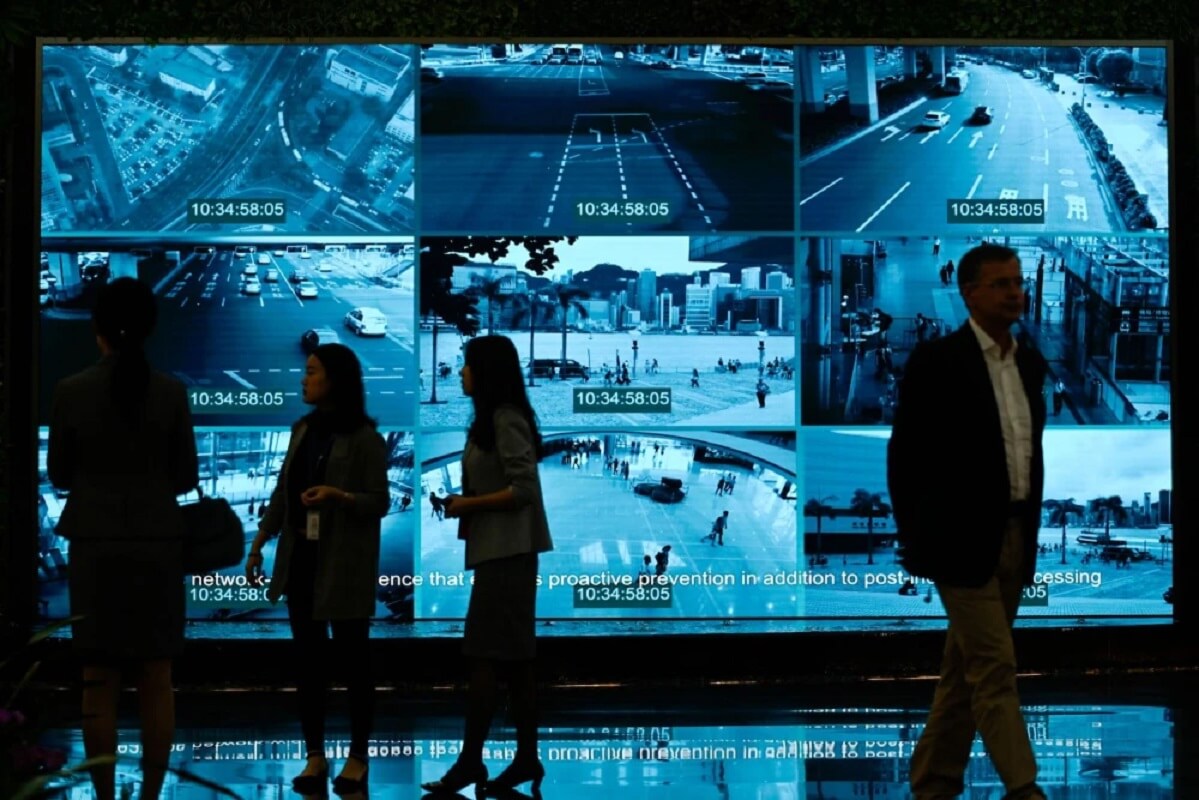Digital Human Rights Need a Single Home in U.S. Government
Victoria Coleman | 15 March 2022
If everybody is responsible for countering digital authoritarianism, no one is responsible.
Digital authoritarianism—the use of information technology by authoritarian regimes to surveil, repress, and manipulate domestic and foreign populations—is on the rise. In China, the Great Firewall and other systematic tools of digital oppression define the norms of public and private discourse. In Turkey, Wikipedia was banned for nearly three years before the country’s Constitutional Court ruled that the ban was a violation of freedom of expression. In Myanmar, a military coup has instituted nightly internet shutdowns. The Washington Post, as part of the global Pegasus Project, has uncovered widespread abuse of spyware technology to monitor dissidents.
The list of such abuses of the human right to participate in free and open digital discourse is long. Moreover, the methods of digital authoritarianism are broad: blocking access to the internet, censoring content, flooding the information sphere with disinformation in addition to co-opting social media and other online platforms. These methods are enabled by an array of tools and technologies, including surveillance, censorship, social manipulation, cyberattacks, and targeted online persecution. Technologies such as artificial intelligence vastly expand the reach of these tools.
While authoritarian regimes have always tried to tightly control their people, the modern means by which we communicate bring new and frightening dimensions. What is equally disturbing is that democratic governments, including that of the United States, have been for the most part observers of digital oppression.
Democracies can no longer afford to stay on the sidelines. We have ample research showing that democracies are not immune. In recent years, we’ve seen political parties, interest groups, and private companies develop and adopt the tools, techniques, and strategies of digital authoritarianism. In April 2018, Facebook CEO Mark Zuckerberg testified in two congressional hearings about his company’s role in the Cambridge Analytica scandal, where it was revealed that Facebook exposed the data of up to 87 million users to political exploitation.
For democracies, computational propaganda—the use of algorithms, automation, and human curation to enable purposeful distribution of misleading information—is particularly threatening. Trolling, strategic distraction, and conspiracy theories freely flow and often gain prominence in the “marketplace of ideas” where platforms’ recommender systems favor the radical over the rational. The Center for Countering Digital Hate identified just 12 people—called the “Disinformation Dozen”—who produced 65 percent of the anti-vaccine content shared or posted on Twitter and Facebook between February and March 2021. This form of falsehood amplification is unprecedented in human history. Its effects can be weaponized and used to cause disruption and confusion. Russia’s attempts to sow doubt in U.S. elections and foment civil unrest along its borders as a precursor to so-called “police actions” are further chilling examples.
Unlike organized authoritarian regimes, democracies are not well equipped to combat digital authoritarianism. The very nature of democracy strives to strike a balance between individual freedoms and protecting society from abusive practices. Authoritarian regimes are far more organized. The Cyberspace Administration of China (CAC) is but one of the multiplicity of agencies that regulate, censor, and control the internet in the country. Tellingly, the CAC oversees the China Internet Investment Fund, which has ownership stakes in technology companies such as Weibo, ByteDance, SenseTime, and others.
China’s system of digital authoritarianism is not just a danger to those who live within its borders. It is also a peril for the rest of the world. China exports its tools and even legal frameworks of digital authoritarianism to more than 60 countries as part of its Belt and Road Initiative. And by judicious and prolific participation in international standards, China has sought to systematically influence the core network infrastructure that the internet is built on.
This digital conflict is asymmetric. It is fought between individuals on one side and organized, well-resourced groups on the other. And asymmetry favors the aggressor. It is virtually impossible for the average citizen to know when they are being manipulated or how to address the flood of intentionally misleading claims. The United States and its democratic allies need to respond to protect their citizens and promote internet freedom through international cooperation. We have a far more compelling vision to share with the world.
Victoria Coleman, the chief scientist of the U.S. Department of the Air Force, and Janet Napolitano, a professor of public policy and the director of the new Center for Security in Politics at the University of California, Berkeley.
This article was originally published on Foreign Policy.
Views in this article are author’s own and do not necessarily reflect CGS policy
